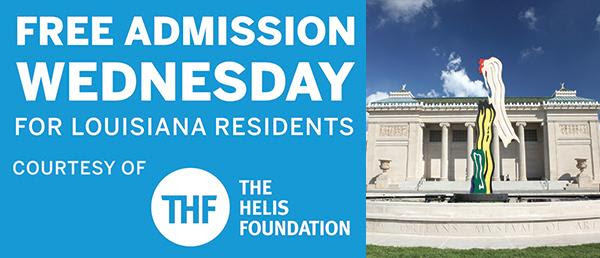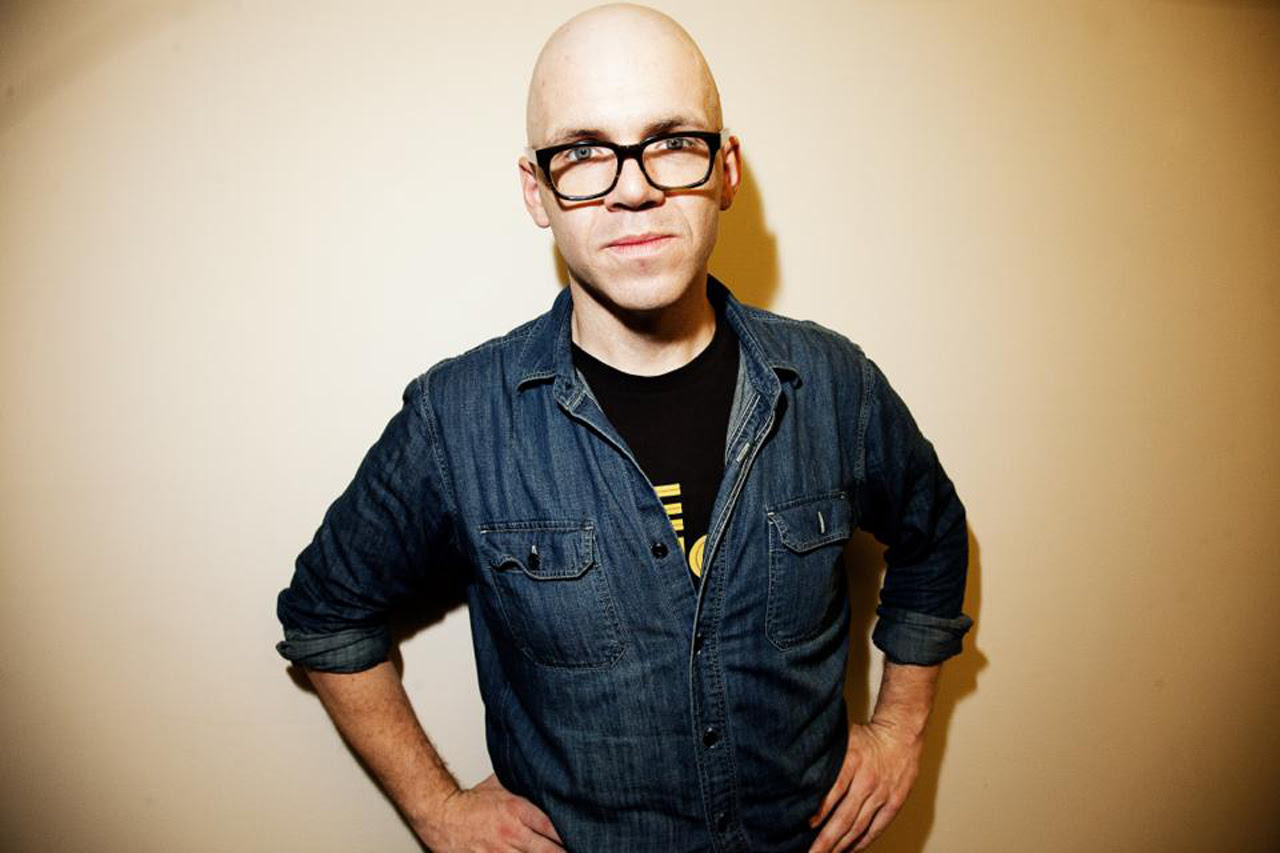George Zacharia, MD
Hematologist and Oncologist
Colorectal cancer is the third leading cause of cancer-related deaths in the United States when men and women are considered separately, and the second leading cause when both sexes are combined. Health experts aren’t sure exactly what causes colorectal cancer but many factors may play a part. There are ways you can minimize your risk factors of developing colorectal cancer. Here are five tips:
Increase your physical activity.
The American Cancer Society recommends at least 150 minutes of moderate intensity or 75 minutes of vigorous intensity activity each week, spread throughout the week. Moderate activities should cause you to breathe hard, such as a brisk walk, biking, housework or gardening. Vigorous activities should increase your heart rate and make you breathe harder, such as running, lifting weights or spinning.
Monitor your weight.
Being overweight or obese increases your risk of developing colon cancer and other chronic diseases. You can determine if your body is at a healthy weight by tracking your Body Mass Index (BMI). Men should have a BMI lower than 20, and women should have a BMI lower than 25. BMI measures the amount of fat in your body. It takes in consideration your bone, muscle and fat in your body composition for your measurement.
Eat a healthy, balanced diet.
Here are a few guidelines to build a healthy, balanced meal daily:
- Consume fruits and vegetables at every meal.
- Drink 100% juice only
- Limit the amount of processed and red meat you consumed, such as bacon, lamb, beef, lunch meat, hot dog and sausage.
- Eat plenty of fish, poultry and beans instead.
- Try baking, baking or poaching your meat instead of frying.
- Choose whole grains instead of refined grain products, such as whole-grain breads, pasta, and cereals (such as barley and oats).
- Limit your intake of refined carbohydrate foods, such as candy.
Avoid smoking and excess alcohol
Several studies have found a higher risk of colorectal cancer with high alcohol consumption, especially among men. Heavy alcohol consumption can cause inflammation, high blood pressure, liver failure and damage to other organs. The American Cancer Society recommends that people who drink alcohol limit their intake to no more than 2 drinks per day for men and 1 drink a day for women. Moreover, long-term is smoking is linked to an increase risk of developing colon cancer and other diseases. It is recommended to quit smoking in order to lower your risks.
Routine screening
Colon cancer can be treated and cured if it's diagnosed early, and a colonoscopy is one of the best ways to detect the disease. Colonoscopy is an invasive test used to find colon cancer. The procedure is done using a long, flexible tube (colonoscope) with a light and tiny camera attached to the end. It is put in your rectum and moved into your colon. During a colonoscopy, your provider may remove tissue or abnormal growths (polyps) for further examination. A colonoscopy allows your provider to find any early signs of cancer, red or swollen (inflamed) tissue, or open sores (ulcers).
Even healthy adults with no family or medical history of colon cancer should get routine colonoscopies. The cancer can develop without symptoms and once symptoms begin, it could mean the cancer is more advanced and less likely to be cured. Older adults should begin routine colonoscopy at the age 50. However, if the individual has a family history of colon cancer, they may need to be screened at an earlier age and more frequently.
If you still have questions or concerns, it is important that you talk to your healthcare provider.
Prime Years Seminar Present Colon Cancer: What You Need to Know
Colorectal cancer is the third most common cancer diagnosed in both men and women in the United States.
Join Touro’s Oncologist and Hematologist George Zacharia, M.D. to learn the importance of regular screenings and the different treatment options. Also, learn the warning signs, symptoms, risk factors and prevention tips.
Monday, September 11
12 to 1pm
Presidents Room, 2nd Floor
1401 Foucher St, New Orleans, LA 70115
This event is FREE, but registration is required.
 Dr. George Zacharia is hematologist and oncologist for Crescent City Physicians. He completed his doctorate at Louisiana State University School of Medicine in Shreveport. He also completed his residency at Ochsner Clinic Foundation, and his fellowship at Lenox Hill Hospital.
Dr. George Zacharia is hematologist and oncologist for Crescent City Physicians. He completed his doctorate at Louisiana State University School of Medicine in Shreveport. He also completed his residency at Ochsner Clinic Foundation, and his fellowship at Lenox Hill Hospital.





 Dr. George Zacharia is hematologist and oncologist for Crescent City Physicians. He completed his doctorate at Louisiana State University School of Medicine in Shreveport. He also completed his residency at Ochsner Clinic Foundation, and his fellowship at Lenox Hill Hospital.
Dr. George Zacharia is hematologist and oncologist for Crescent City Physicians. He completed his doctorate at Louisiana State University School of Medicine in Shreveport. He also completed his residency at Ochsner Clinic Foundation, and his fellowship at Lenox Hill Hospital.





















